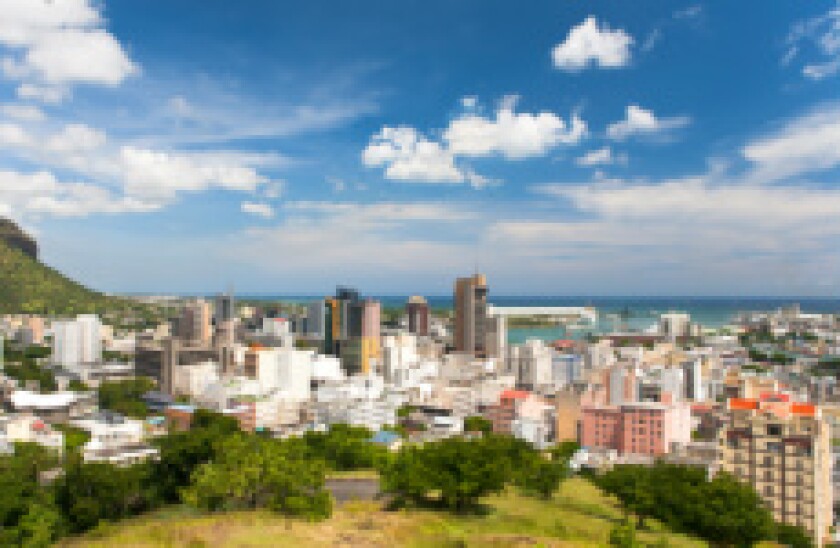Africa is doing well and it is where people want to be right now. This is something bankers have been saying for years, but recently it has even been true. In the conventional bond market, African sovereign supply in 2014 is finally in the process of delivering what bankers had been hoping for all of last year, while the reception of deals has been exceptional.
Whether that is because African countries still offer yield, or because of their impressive growth rates, their rarity value or just because supply elsewhere has not matched demand are all topics for debate. But Africa right now seems to be a good all round prospect for investors – and Gulf investors in particular should be sitting up and taking notice.
This is because a number of countries on the continent are also looking to capitalise on the growing momentum of Islamic finance by bringing debut sukuk deals. And with GCC spreads compressing to all-time tights, that makes untapped prospects elsewhere a good bet.
The past week has seen Senegal win the race to become the first African country to issue a sovereign sukuk (barring short-dated or purely domestic issuance from Gambia and Sudan) and also score a first for the Western African Economic Monetary Union.
Although denominated in CFA francs so not technically an international issue, the XOF100bn ($200.5m) four year deal was bought up by regional investors and also drew international interest as well. As such, the sukuk has strategic value for both Senegal itself and as a benchmark for the region.
This is just a sign of things to come. South Africa is tipped to finally come to market with its long awaited dollar sukuk debut, while there are plenty of signs that Islamic finance is taking root in sub-Saharan countries like Kenya and Tanzania. Nigeria’s State of Osun brought a domestic sukuk worth $70.6m in October. North Africa remains a work in progress, but this year could see progress with debut deals in Morocco and Tunisia, if not Egypt and Libya as well.
Tiny Mauritius’s entrance into the market might be the one that surprises people. But it should not, as it is one of the African market forays that makes most sense.
Mauritius wants to bolster its economy by expanding sources of inward investment beyond agriculture and tourism. One obvious way is as an offshore financial hub, because the island could be a useful conduit between Gulf money and the opportunities that are opening up on the African continent. Being on the same timeline as the Gulf and having over 20 banks present in Mauritius also adds credibility to this plan.
Bank of Mauritius governor Rundheersing Bheenick long advocated issuing a sovereign sukuk, and was instrumental in bringing the Islamic Finance Services Board annual summit to the Mauritius in May, but until recently the country’s finance ministry has not shared his enthusiasm. That was because former finance minister Xavier Duval was said to be opposed to the plan, but with his resignation in early June it looks to be firmly back on the table. A central bank official confirmed this week that it is in discussions with the ministry.
African sukuk is on the way and it is going to need a favourable offshore financial centre. Any skepticism over banker travel plans to the honeymoon hot-spot needs to be set aside - Mauritius could become a key destination in the near future.

